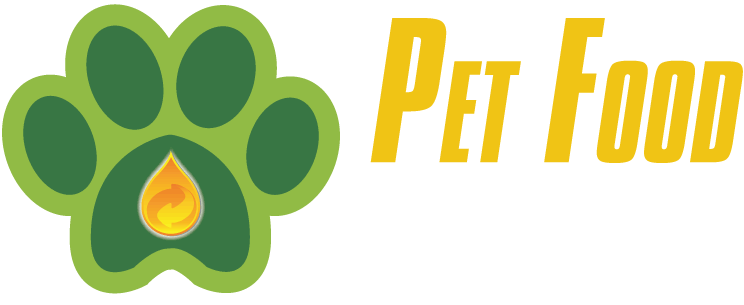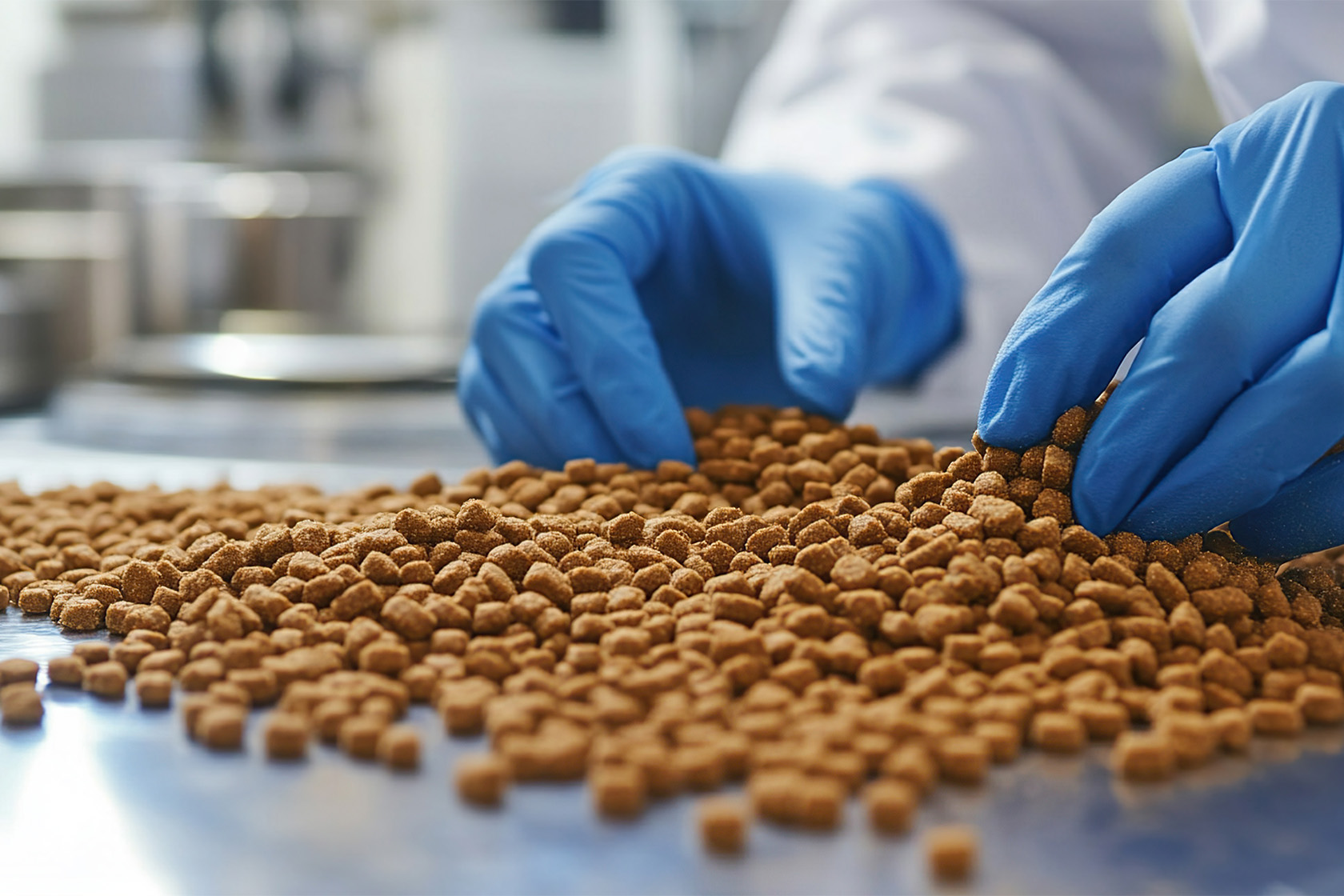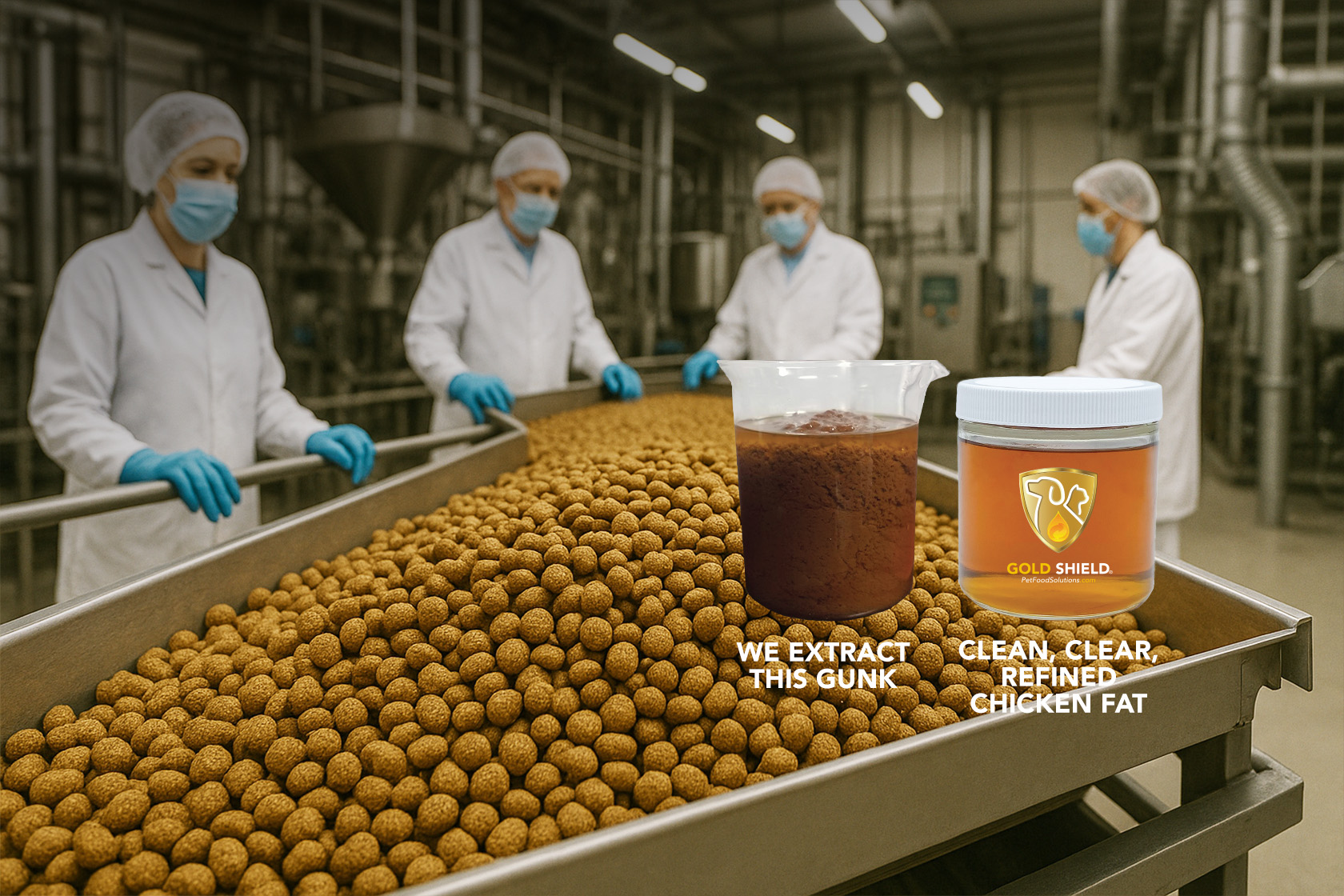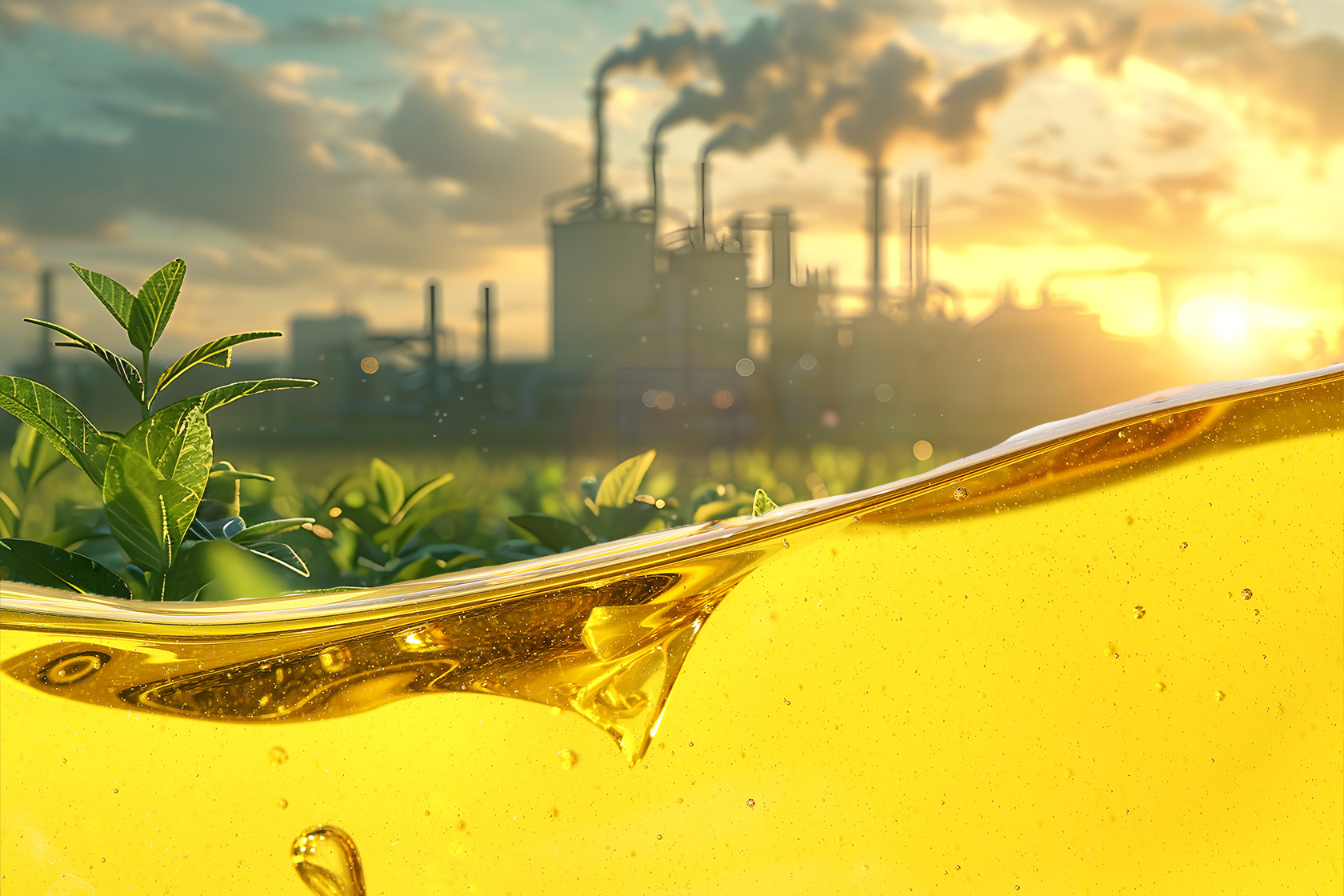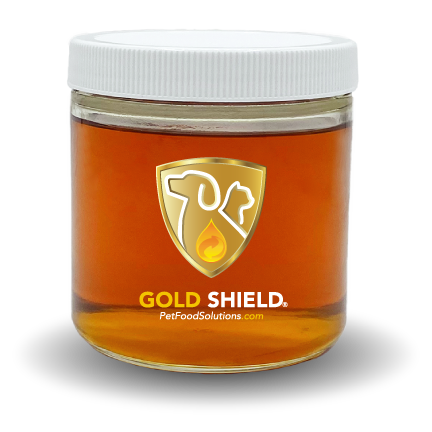
How You Can Avoid Extra Additives to Achieve Shelf Stability
Shelf stability is essential in pet food production. It ensures that products maintain their quality throughout transport, storage, and eventual use. But achieving it often comes with a hidden cost: an increasing reliance on additives that may complicate formulations, raise costs, and sometimes compromise palatability. But there is another way to achieve shelf stability while reducing additives – Gold Shield® Refined Chicken Fat. In this blog, we’ll explore why shelf-stabilizing additives are commonly used in pet food, the drawbacks they introduce, and how Gold Shield® Refined Chicken Fat offers a simpler, more efficient solution. Why Does Pet Food Need Additives? Pet food manufacturers rely on additives to help maintain freshness, prevent spoilage, and extend the shelf life of their products. These additives typically include preservatives, antioxidants, and moisture-control agents, all of which are intended to protect the product through distribution, retail storage, and use in the home. This is especially important in high-fat formulations, where fats can oxidize quickly if not stabilized. Without some form of protection, products are more likely to degrade sooner. Additives offer a layer of defense, but they also signal that the base ingredients may not be stable enough on their own. Additives in Pet Food Formulations Come at a Price While functional, additives are not without consequences. Every added component introduces new variables into a formulation, which can impact: Raw
